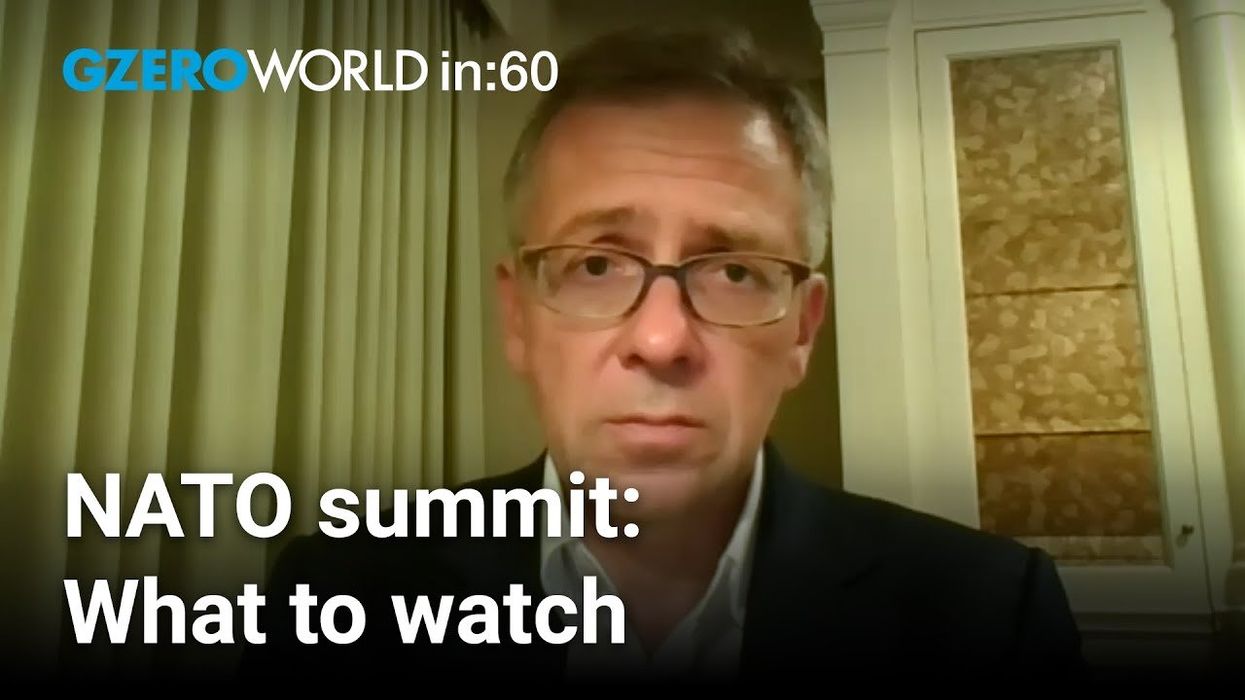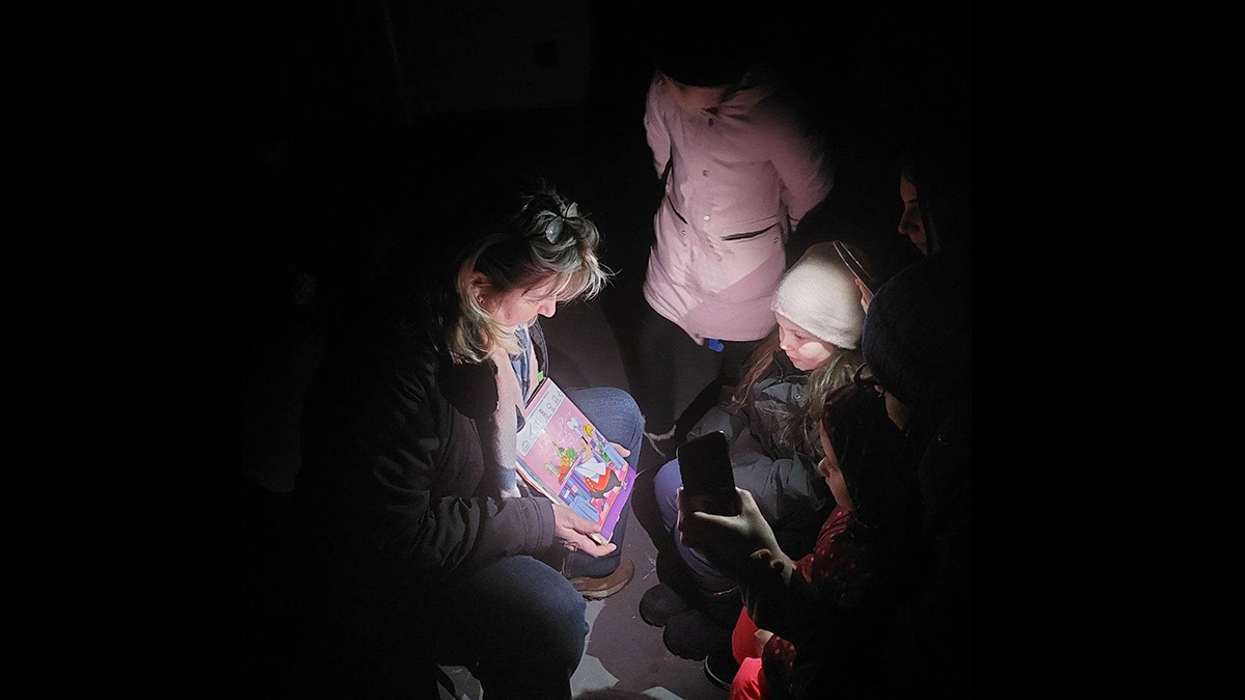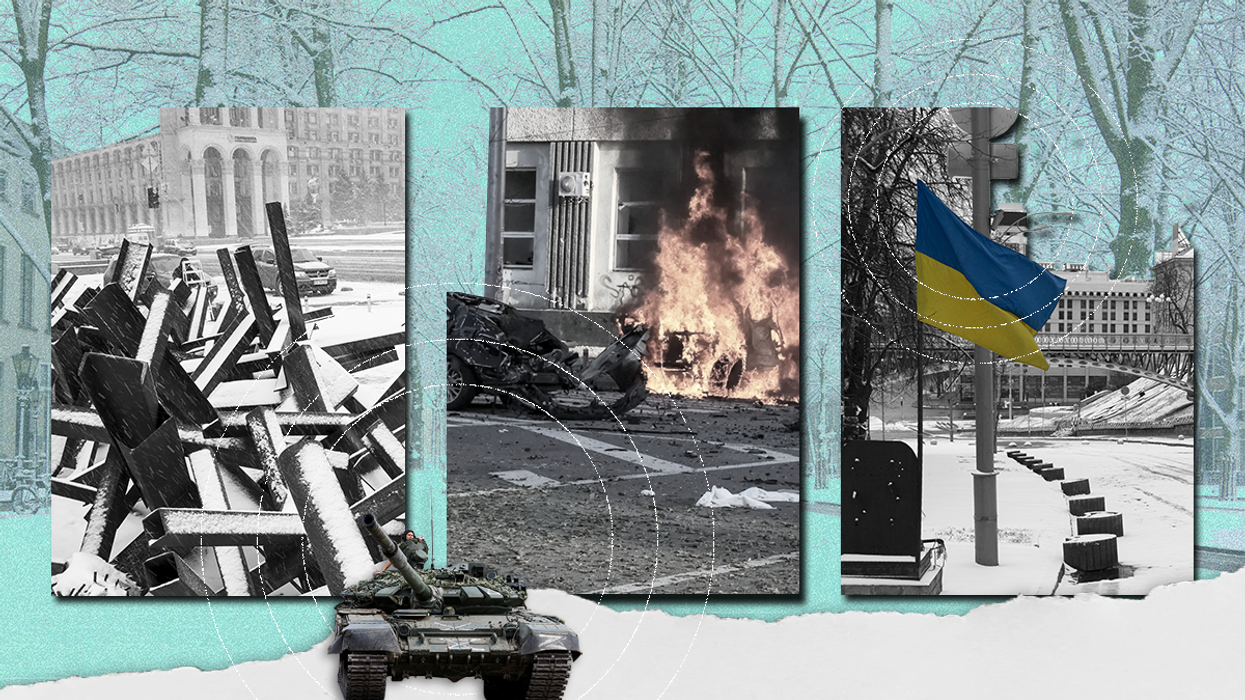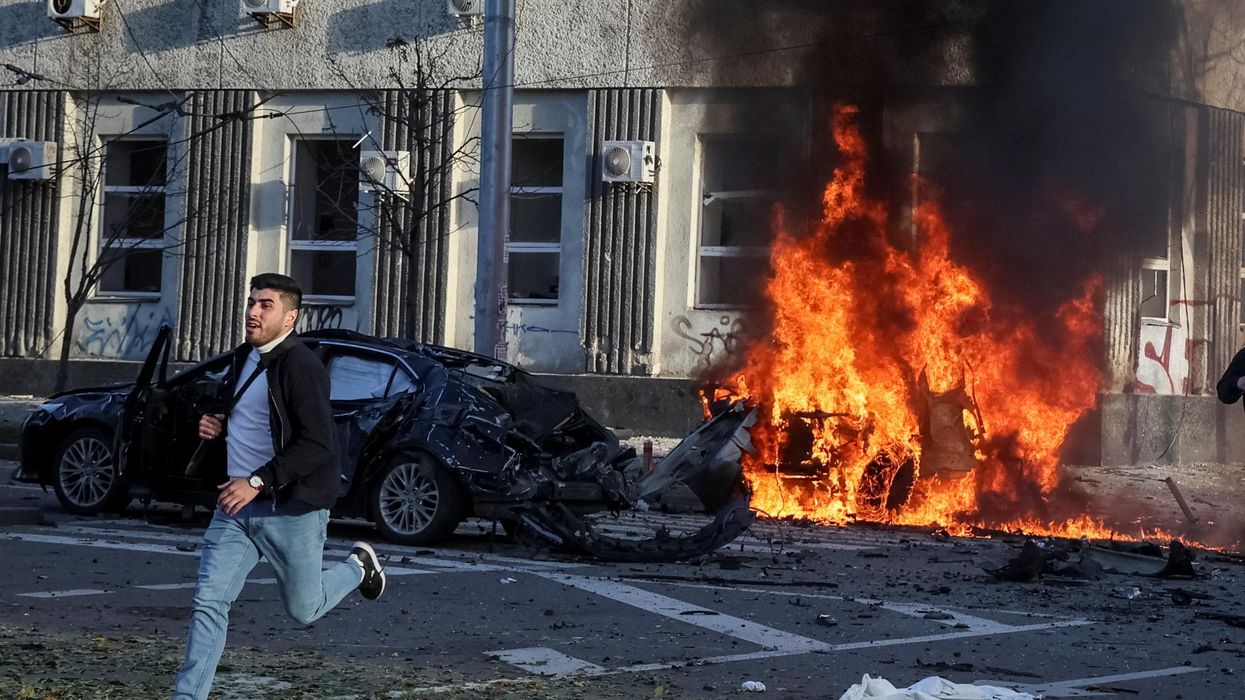ask ian
NATO Summit: Biden's uncertain future worries US allies
What are you watching for at the NATO summit? How will the UK's new PM, Keir Starmer, lead Britain? As a Russian missile struck a children's hospital in Kyiv is there still no end in sight for the war in Ukraine? Ian Bremmer shares his insights on global politics this week on World In :60.
Jul 10, 2024




